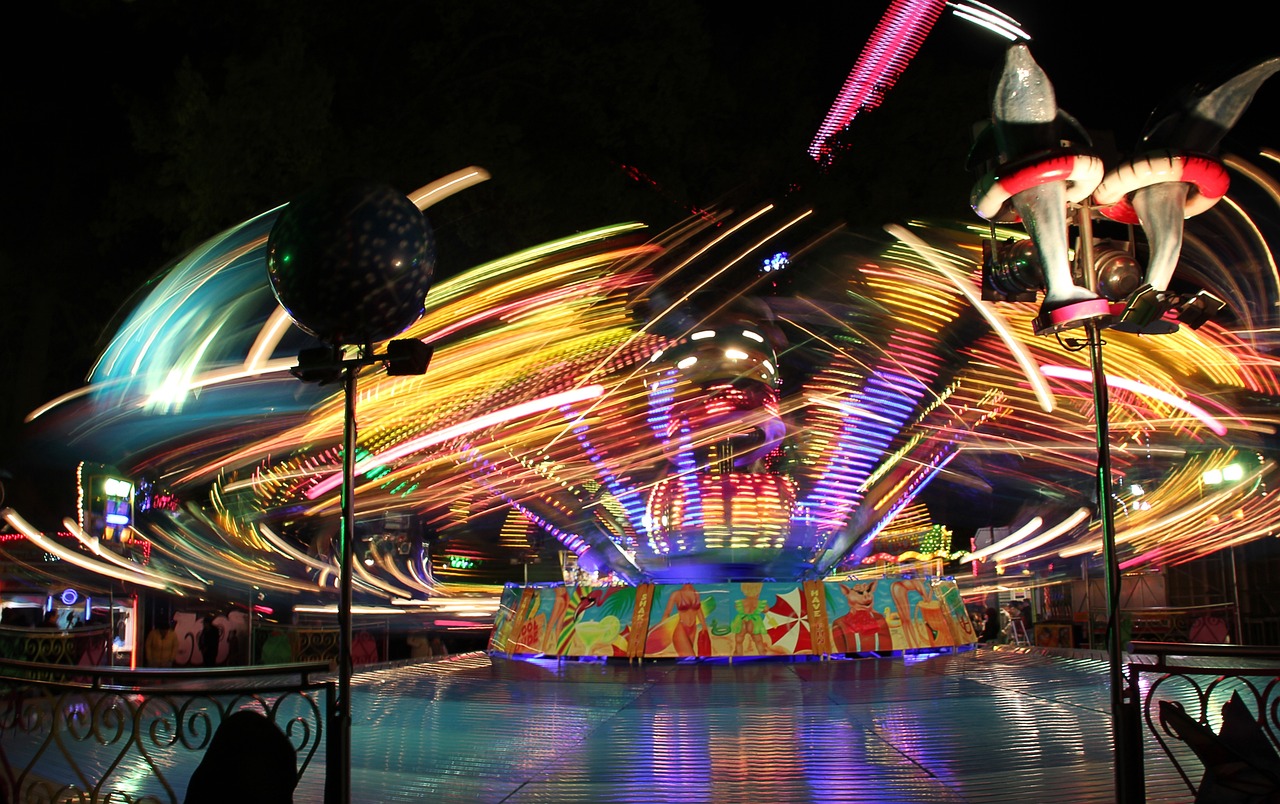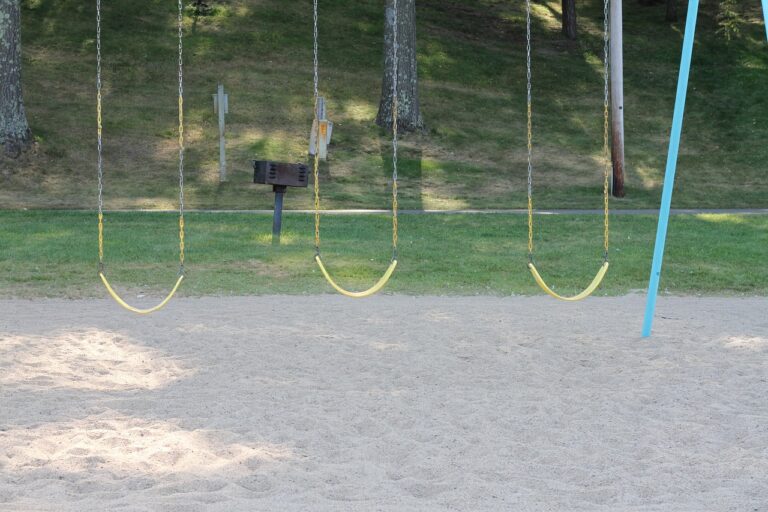Investigating the Influence of Social Media on TV Show Ratings
Social media platforms have revolutionized the way we connect, share, and consume information in the digital age. With the rise of platforms like Facebook, Twitter, Instagram, and TikTok, people can now easily communicate and engage with each other on a global scale. These platforms have become an integral part of our daily lives, offering a space for personal expression, news dissemination, and entertainment.
The widespread adoption of social media has also transformed the way businesses and brands interact with their audience. Companies now utilize these platforms to promote their products and services, engage with customers in real-time, and gather valuable feedback. Social media has opened up new avenues for marketing and advertising, allowing businesses to reach a larger and more diverse audience than ever before.
The Relationship Between Social Media and TV Shows
Social media has transformed the way audiences engage with TV shows, creating an interactive landscape where fans can express their opinions, reactions, and theories in real-time. Platforms like Twitter, Instagram, and TikTok have become virtual watercoolers where viewers can discuss plot twists, character developments, and memorable moments with fellow enthusiasts.
TV networks and show creators have recognized the powerful impact of social media on driving buzz and viewership for their programs. By fostering online communities and encouraging active participation from fans, they can extend the reach and longevity of a TV show beyond its runtime. Additionally, the direct feedback garnered from social media can influence future storylines, character arcs, and even casting decisions, making the relationship between social media and TV shows a dynamic and symbiotic one.
• Social media allows audiences to engage in real-time discussions about plot twists and character developments
• TV networks and show creators utilize social media to drive buzz and viewership for their programs
• Online communities created through social media can extend the reach and longevity of a TV show
• Direct feedback from social media can influence future storylines, character arcs, and casting decisions
The Impact of Social Media Engagement on TV Ratings
In today’s digital age, social media has become a powerful tool for TV networks to engage with viewers in real-time. The rise of platforms such as Twitter, Facebook, and Instagram has allowed fans to share their thoughts, opinions, and reactions to their favorite TV shows with a global audience instantly. This level of engagement has transformed the way TV ratings are perceived and measured, as social media conversations now play a significant role in determining a show’s success.
TV networks are increasingly turning to social media metrics to gauge audience interest and sentiment towards their programming. By analyzing data on the volume of social media interactions, such as likes, comments, shares, and hashtags related to a particular show, networks can gain valuable insights into viewer engagement levels. This information not only helps networks understand their audience better but also enables them to make informed decisions on programming, marketing strategies, and future content development.
How do social media platforms impact TV ratings?
Social media platforms have a significant impact on TV ratings as they provide a platform for viewers to engage with TV shows in real time, share their opinions, and create buzz around the show, ultimately driving more viewership.
Can social media engagement affect the success of a TV show?
Yes, social media engagement can greatly impact the success of a TV show. Positive engagement can lead to increased viewership, while negative engagement can deter viewers from watching the show.
Are there specific social media platforms that have a larger impact on TV ratings?
Platforms like Twitter, Facebook, and Instagram are commonly used for engaging with TV shows, and have been shown to have a significant impact on TV ratings.
How can TV networks leverage social media engagement to increase ratings?
TV networks can leverage social media engagement by actively engaging with viewers, creating interactive experiences, and utilizing social media analytics to understand viewer preferences and behaviors.
Is there a correlation between social media buzz and TV ratings?
Yes, there is a strong correlation between social media buzz and TV ratings. Shows that generate a lot of buzz on social media tend to have higher ratings, as the buzz can attract new viewers and create a sense of FOMO (fear of missing out) among viewers.







